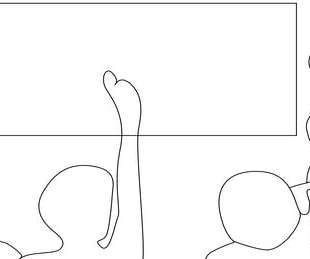What’s Changed in Lesson Planning
Ask a Tech Teacher
JUNE 24, 2019
Technology and the connected world put a fork in the old model of teaching–instructor in front of the class, sage on the stage, students madly taking notes, textbooks opened, homework as worksheets, and tests regurgitating facts. Failure is a learning tool. In life, failure happens. Did I miss anything?












Let's personalize your content